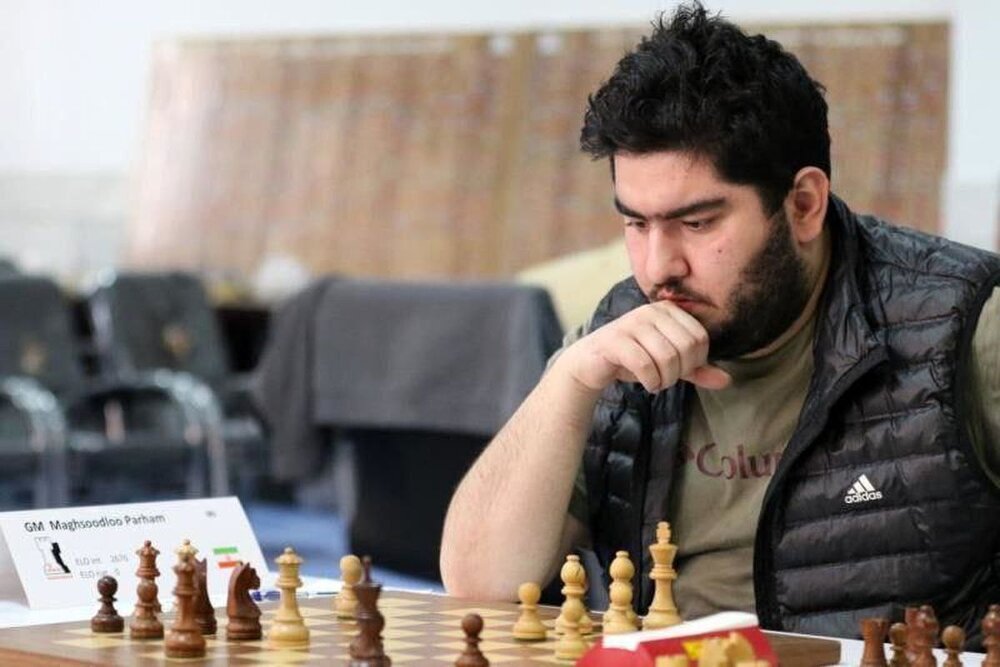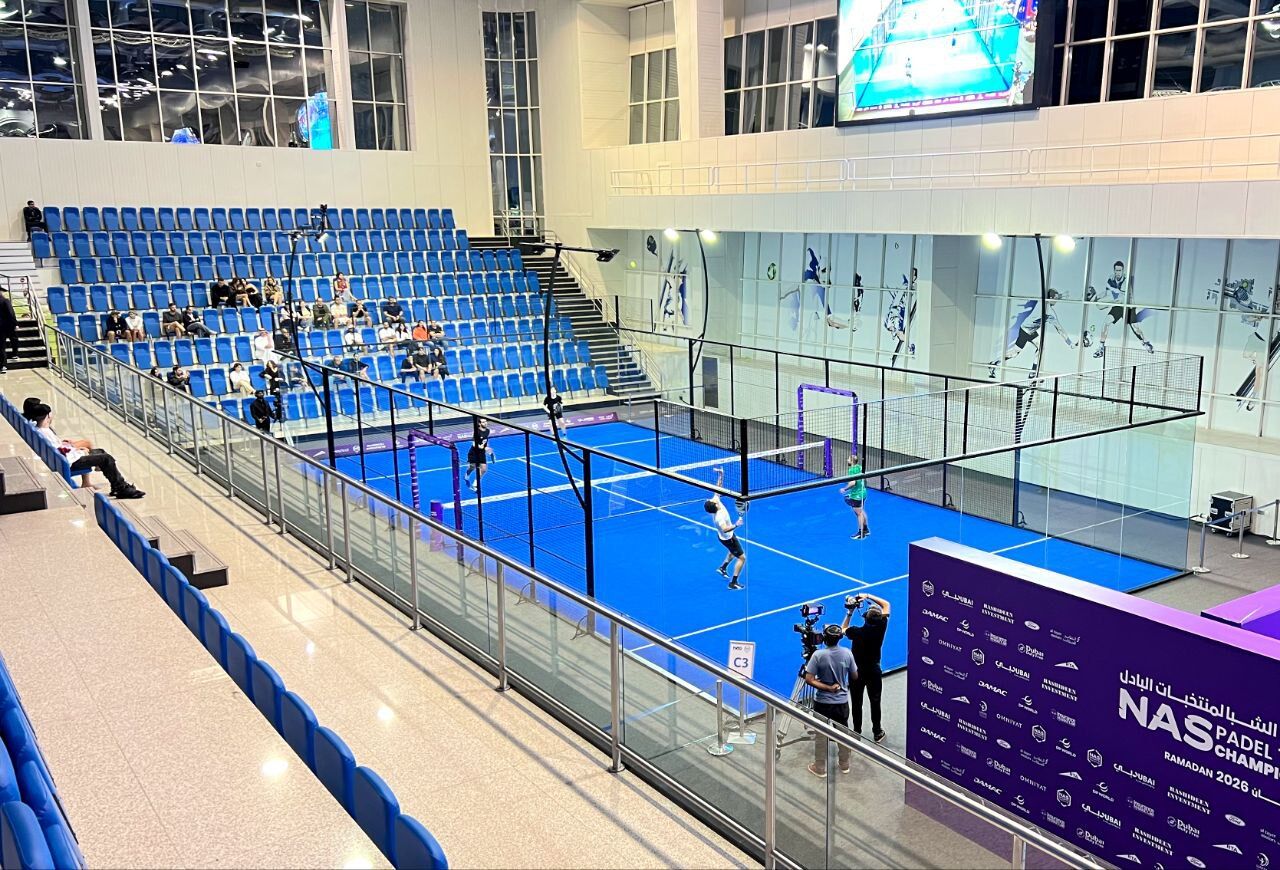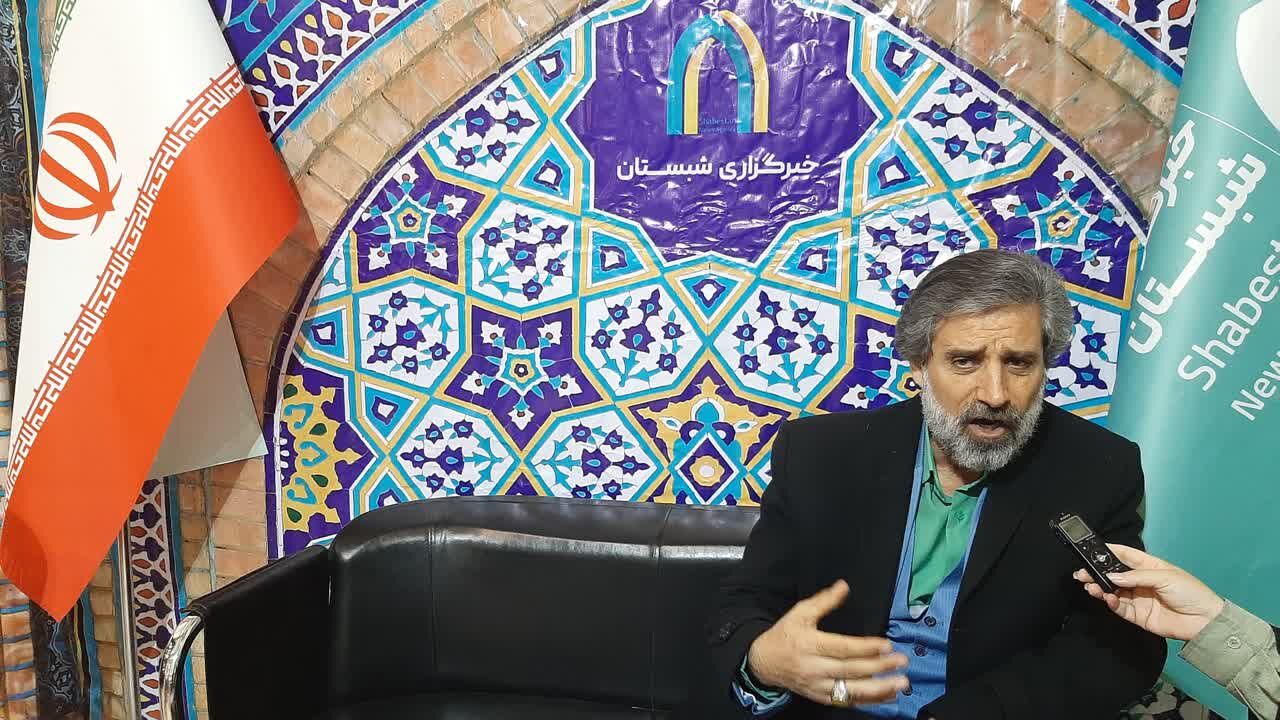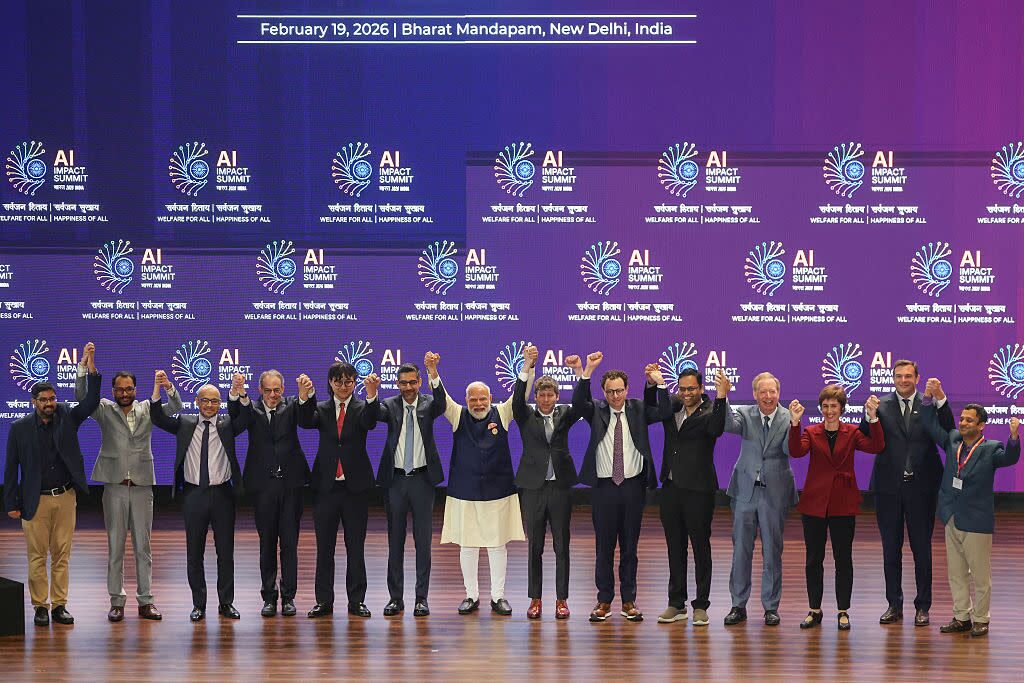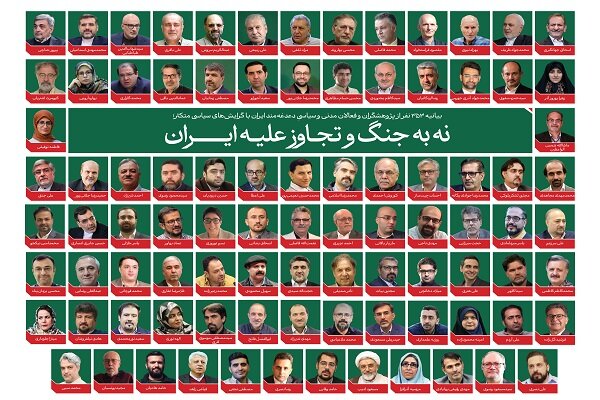'A rock and a hard place:' Arab peacekeepers will face pitfalls and perils in Gaza
'A rock and a hard place:' Arab peacekeepers will face pitfalls and perils in Gaza

What would Arab or Muslim troops patrolling Gaza do if they came under Israeli fire? Arab diplomats and officials with experience in peacekeeping say the potentially explosive scenario hovers over plans for an "International Stabilisation Force" to deploy to the enclave.
“This is not hypothetical. Unifil peacekeepers in southern Lebanon came under attack from Israel,” a United Nations official with decades of peacekeeping experience in the region told Middle East Eye, referring to peacekeepers from the United Nations Interim Force in Lebanon (Unifil) who were hit by several Israeli strikes over the last two years.
“There, we had Irish and Italian troops who acted with restraint. How would Egyptian or Jordanian soldiers respond if they come under Israeli fire?” the diplomat asked.
Both Egypt and Jordan have peace treaties with Israel, but those agreements are managed by spy chiefs, diplomats and high-ranking military officials because their populations and rank-and-file soldiers are largely hostile to Israel over its occupation of Palestinian territories.
After Israel invaded the southern border town of Rafah in May 2024, two Egyptian soldiers were killed in an exchange of fire with Israel.
This is just one of the pitfalls that the International Stabilisation Force, which is being constructed to deploy to Gaza, could face.
MEE previously reported that the US was in talks with Egypt about contributing troops to the force. At the UN General Assembly in September, Indonesian President Prabowo Subianto said his country was prepared to send 20,000 peacekeepers to Gaza.
Reuters reported on Thursday that plans for the force are progressing, with the US discussing contributions from the United Arab Emirates, Qatar, and Azerbaijan.
To be sure, sending peacekeepers to Gaza - not least a force of Arab and Muslim soldiers - would be an unprecedented development in the history of the Palestinian-Israeli conflict because it would internationalise it in a way that Israel has long resisted.
The irony for many observers is that the Trump administration, which has long criticised the UN, is spearheading the idea.
Perceptions
But participating Arab and Muslim countries have reason for caution when they consider both the Israeli and Palestinian sides.
“For the force to be seen as legitimate by the Palestinians, it must not be perceived as contracted by Israel,” Jean Marie Guehenno, the former UN under-secretary general for peacekeeping operations, now at Columbia University, told MEE.
'The Arab peacekeeping force might be pretty charitable in how they define a Hamas fighter'
- Michael O’Hanlon, Brookings Institution
“On the other hand, Israel is going to be resistant to delegating a core issue of its own security to a force on which it has no direct control,” he added.
Egypt, which is expected to be a pivotal player in the force, has sought to address both those concerns.
Cairo has lobbied the US to deploy military personnel to Gaza alongside the force in the hope it will discourage any Israeli ceasefire violations.
The US is sending 200 military personnel to Israel to monitor the ceasefire. Meanwhile, Centcom, which oversees US command in the Middle East, has become more focused in recent days on the ceasefire, suggesting it could play a bigger role.
However, experts say US President Donald Trump is unlikely to send troops into Gaza, even as observers.
“The US will not be the enforcer of last resort that some of these countries would like it to be,” Michael O’Hanlon, a defence expert at the Brookings Institution, told MEE.
UN Security Council Mandate?
To not be seen as an agent of Israel’s occupation, Egypt is also pressing for the stabilisation force to have a UN Security Council mandate. Arab and western diplomats who spoke with MEE say they believe a mandate is achievable.
“China and Russia have veto power, but the fact that so many Arab and Muslim countries want a UN stamp of approval makes it unlikely they decide to act as spoilers,” one western diplomat in the region told MEE.
'To be seen as legitimate by the Palestinians, it must not be perceived as contracted by Israel'
- Jean Marie Guehenno, former UN under-secretary general for peacekeeping operations
Some peacekeeping operations are run explicitly by the UN. The forces participating in them are nicknamed the “blue helmets” - in a nod to the international organisation’s colour.
UN peacekeepers operated in Bosnia in the early 1990s, in Mali in the 2000s, and are currently in southern Lebanon.
The International Stabilisation Force deploying to Gaza would be similar to the one operating in Haiti. The force combating armed groups there is Kenyan-led and US-supported. Although it has a UN Security Council mandate, its command and control do not report to the UN secretary general.
The Nato-led forces that operated in Afghanistan after the US invasion also had a UN Security Council mandate.
Although the US is pushing for the force, Trump has signalled he expects the Gulf States to pay for Gaza’s reconstruction and recovery. Peacekeepers will need to be paid, provisioned and armed.
The cost of Unifil’s 10,000-strong peacekeeping mission is around $500m a year, according to the UN, and that doesn’t include the national support funds that member states spend.
'Ten times more difficult'
Deploying a full-fledged UN peacekeeping force can take anywhere from 6 months to one year, whereas international forces with a UN mandate can deploy much quicker.
A classic example is East Timor, where Australian troops deployed after the country voted for independence from Indonesia in 1999. It took the first Australian peacekeepers just five days to arrive after the UN authorised their deployment.

Ian Martin, who has led UN human rights and peace operations, told MEE that East Timor underscored the importance of having "a lead nation” in peacekeeping forces.
“In East Timor, we had Australia. A competent, strong country that was willing to mobilise and go in fast,” said Martin, who is the author of All Necessary Measures? The United Nations and International Intervention in Libya.
“But the differences between Gaza and East Timor are tremendous. If it was difficult in East Timor, it will be ten times more difficult here,” he said, warning against comparisons between the two.
Libya itself holds a lesson for the peacekeeping force. Soldiers never deployed to the North African country, but a 2011 UN Security Council resolution that authorised a Nato no-fly zone to protect civilians snowballed into a regime change campaign against Muammar Gaddafi.
The risk for any Arab force in Gaza is that it becomes something like the Palestinian Authority in the occupied West Bank, which, in the view of locals, is overseeing an Israeli occupation.
One key challenge is that the main external power pushing for a peacekeeping force, the US, is not viewed by Palestinians, or even Muslim and Arab states, as a neutral broker but a partner of Israel, which continues to occupy more than half of Gaza.
Will Hamas coexist with peacekeepers?
Gaza’s future governance is also up for grabs.
Trump’s 20-point plan for the enclave says Hamas will have no role in the future government. It also calls for the group’s disarmament. But Hamas displayed its staying power this week after its security forces deployed with fresh uniforms and vehicles, hunting down what they said were “gangs” and Israeli collaborators.
Hamas has governed Gaza since 2007. Fighting between Islamist Hamas and its secular rival Fatah broke out after the former swept to power in Palestinian legislative elections the year before. In the end, Hamas consolidated its hold over Gaza, and Fatah in the occupied West Bank through the Palestinian Authority (PA).
Trump wants to remove Hamas from power, but it's unclear who will fill its void. Trump’s plan calls for a committee of Palestinian technocrats to govern Gaza, overseen by a so-called "board of peace" chaired by Trump.
“You can’t just have a security force. You need a credible civil administration. They need to be crafted together,” a former senior UN official told MEE.
O’Hanlon, at the Brookings Institution, told MEE that he believes Arab and Muslim states could lean on Hamas to accept peacekeepers. Turkey, Qatar and Egypt helped convince the group to accept Trump’s ceasefire.
“Hamas might do better if it learns how to coexist with the mission. I don’t think Hamas would want to drive out an Arab peacekeeping force and create an opening for Israel to come back in,” he said. “The Arab peacekeeping force might be pretty charitable in how they define a Hamas fighter.”
“What you can realistically hope is that the Arab peacekeeping force will keep a lid on things. It boils down to a new Palestinian leadership creating a force powerful enough that Hamas decides to put down its weapons,” he said.
In that case, the force might be similar to Unifil in southern Lebanon. The force has operated on the ground there for decades, balancing between Hezbollah fighters on the ground and Israel. Hezbollah only began pulling its weapons from southern Lebanon in a meaningful way after signing a bruising ceasefire with Israel last year.
Of course, that has been one of the long-running sources of friction between Israel and Unifil. If the peacekeeping force tries to accommodate Hamas, that could provoke a furious Israeli response.
“They will be caught between a rock and a hard place,” Guehenno said.





